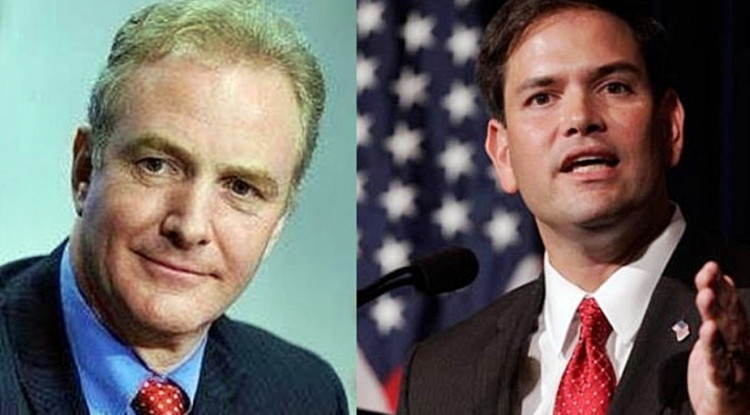Senate Republicans and Democrats blasted president Donald Trump's executive order imposing sanctions on foreign governments, entities and individuals that interfere in U.S. elections as insufficient, and a ploy to prevent an even tougher bipartisan bill from being passed by Congress.
Trump yesterday signed an executive order to squelch relentless criticism of his being too soft on Russia and unwilling to admit Russian meddling helped elect him president. The executive order establishes a framework for the United States Intelligence Community and the Department of Justice to investigate if foreigners are attempting to influence any aspect of a U.S. election.
It mandates that Director of National Intelligence Dan Coats turn over any significant findings of interference to Attorney General Jeff Sessions and Secretary of Homeland Security Kirstjen Nielsen. These departments will determine whether to move ahead with sanctions.
Punishments include blocking of assets in the United States. The Department of State and the Department of the Treasury can also seek request broader sanctions such as preventing access to U.S. banks and other financial institutions. The sanctions under the executive act, however, are not mandatory.
The White House is trying -- thus far unsuccessfully -- to dispel the widespread perception Trump isn't seriously committed to protecting U.S. elections from foreign interference. This point was painfully driven home after Trump's disgraceful meeting with Russian President Vladimir Putin in July where he debased himself as Putin's puppet.
Coats said Iran, North Korea and China as other countries with the capability to launch cyberattacks on U.S. elections.
Critics of the executive order, however, say it's too weak and demanded stronger measures. Two of these critics, Sen. Chris Van Hollen (D-MD) Sen. Marco Rubio (R-FL), said Trump's executive order does not change the need for far tougher legislation to combat foreign interference, especially from Russia.
Both senators said the executive order recognizes the threat, doesn't go far enough to address it. They said the United States can and must do more.
Earlier this year, both senators jointly introduced a bill called the DETER Act (Defending Elections from Threats by Establishing Redlines Act) that mandates penalties on Russia or other foreign governments that try to meddle in U.S. elections. DETER is focused on Russia, a proven serious threat.
They said mandatory sanctions on anyone who attacks the U.S. electoral systems are the best deterrent. They want to ensure that Vladimir Putin's Russia, or any other foreign actor, understands the United States will respond decisively and impose punishing consequences on those who interfere in its democracy.
Other Democrats were incensed by Trump's executive order. Sen. Elizabeth Warren (D-MA), said the best that can be said is that Trump is sending mixed signals about interference in the U.S. election.






